COVID-19 Drives Federal Lobbying for California Companies and Agencies
First-quarter disclosures show dozens of Golden State corporations, cities, transit districts, hospitals and trade groups lobbied on matters related to the coronavirus pandemic.
April 24, 2020 at 04:24 PM
3 minute read
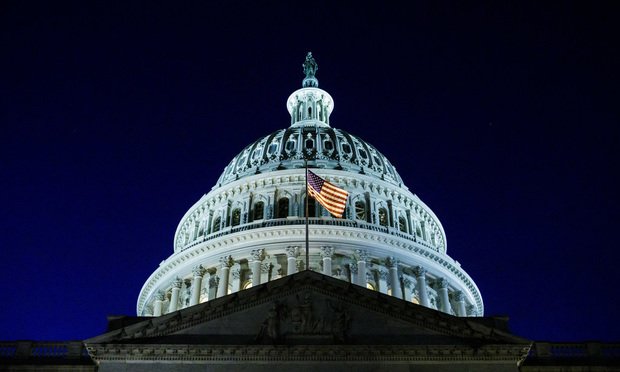 U.S. Capitol in Washington. Credit: ALM
U.S. Capitol in Washington. Credit: ALM
As the novel coronavirus spread and the economy tanked this spring, Uber Technologies Inc. turned to federal lobbyists for help.
At the start of the year, the ride-hailing giant already had a fleet of outside advocates in Washington, D.C., including Mayer Brown and Invariant. But on March 18, the same day the Dow Jones dropped 6% and erased nearly all Trump-era gains, Uber started a new lobbying relationship with Forbes Tate Partners.
The sole lobbying targets listed on Uber's lobbying registration form were three congressional bills promising $2 trillion in COVID-19 relief.
Uber wasn't the only California company looking for its share of coronavirus help on Capitol Hill. First-quarter disclosures show dozens of Golden State corporations, cities, transit districts, hospitals and trade groups lobbied on matters related to the pandemic.
Airbnb, whose hosts have watched their bookings evaporate, spent tens of thousands of dollars lobbying on "provisions related to individual and business relief measures." Fulcrum Public Affairs and Kountoupes Denham Carr & Reid got some of the company's lobbying work.
Lyft, Instacart and TaskRabbit lobbied for help, too, even though their workers, classified as independent contractors, would not typically qualify for unemployment assistance. Alphabet's Google, Gap Inc., PayPal and Aerojet Rocketdyne lobbied to shape the federal response.
But it wasn't just the big blue-chip companies. The Autry Museum of the American West in Los Angeles, currently closed to the public, lobbied on the CARES Act, which ended up including help for museums nationally. The Marine Mammal Center in Sausalito sought funding for emergency rescues during the COVID-19 shutdown. Even Playboy Enterprises paid for lobbying help on "issues related to COVID-19 legislation."
Bioscience and pharmaceutical companies jumped into the lobbying frenzy, too. Kahala BioSciences, an Irvine-based COVID-19 testing company, retained Forbes-Tate on March 13. Primmune Therapeutics, a San Diego firm working on a treatment for the virus that causes COVID-19, followed suit six days later when it also hired Forbes-Tate.
Cities of all sizes, counties, transit agencies and water districts all sought a piece of the relief pie, too, the lobbying records show. The California Assembly, currently in a pandemic-driven recess, also listed "COVID Response" among its first-quarter federal lobbying targets.
Most of the California clients already had existing contracts with lobbying firms. But the novel coronavirus has been a significant source of new work for Capitol Hill lobbyists. Firms registered activity for more than 140 new clients from all states on issues related to COVID-19 between mid-March and mid-April, according to the Center for Responsive Politics.
Big Law lobbying practices in the top 10 by revenue last quarter each saw gains from the same period last year, according to ALM affiliate The National Law Journal. For the two revenue leaders, the year-over-year gains were substantial: 31% for Akin Gump Strauss Hauer & Feld, which pulled in $12.6 million, and 25% for Brownstein, Hyatt, Farber & Schreck, with $11.5 million.
"There was some conventional wisdom coming out from last fall that suggested during a presidential election year, everything would seize up," Brownstein partner Marc Lampkin, who leads the firm's Washington, D.C., office, told the NLJ. "Then COVID-19 comes along and deepens the attention and focus on policy makers. It certainly created an opportunity for lobbying firms and practitioners."
This content has been archived. It is available through our partners, LexisNexis® and Bloomberg Law.
To view this content, please continue to their sites.
Not a Lexis Subscriber?
Subscribe Now
Not a Bloomberg Law Subscriber?
Subscribe Now
NOT FOR REPRINT
© 2025 ALM Global, LLC, All Rights Reserved. Request academic re-use from www.copyright.com. All other uses, submit a request to [email protected]. For more information visit Asset & Logo Licensing.
You Might Like
View All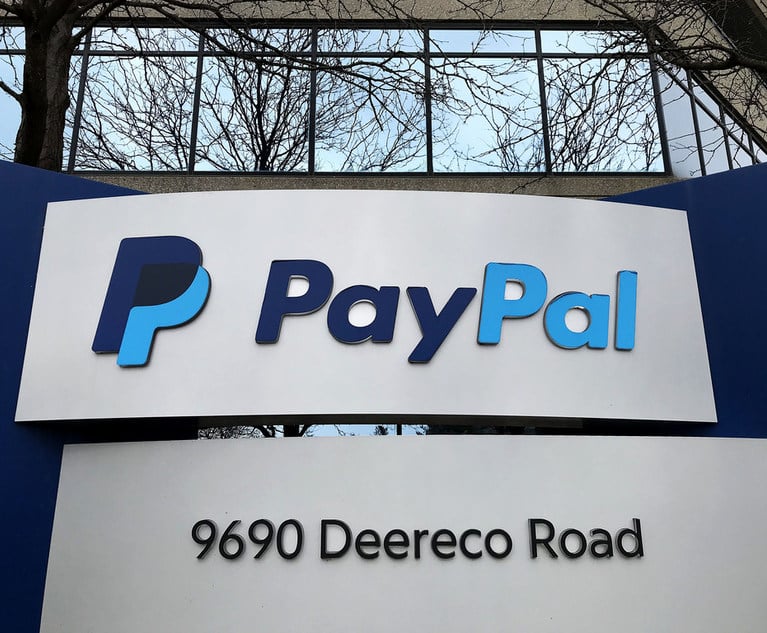
PayPal Faces New Round of Claims; This Time Alleging Its 'Honey' Browser Extension Cheated Consumers
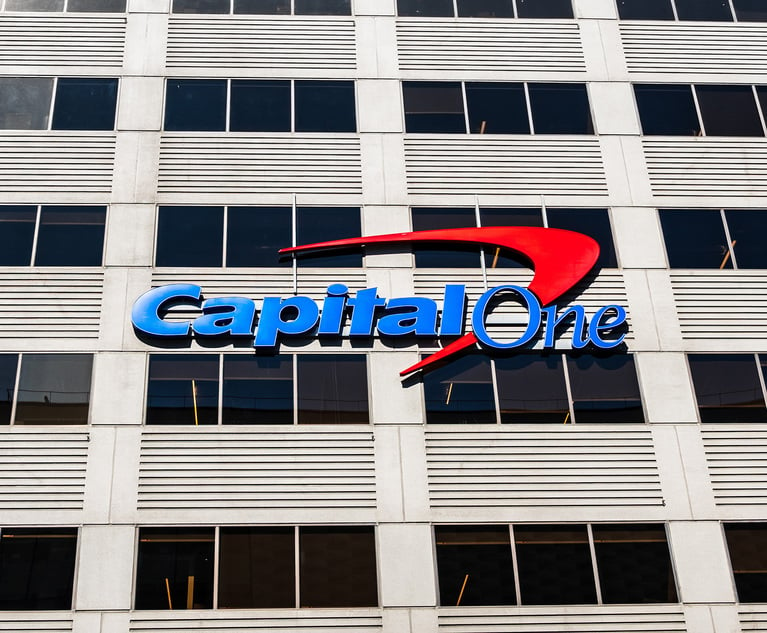
'Reverse Robin Hood': Capital One Swarmed With Class Actions Alleging Theft of Influencer Commissions in January
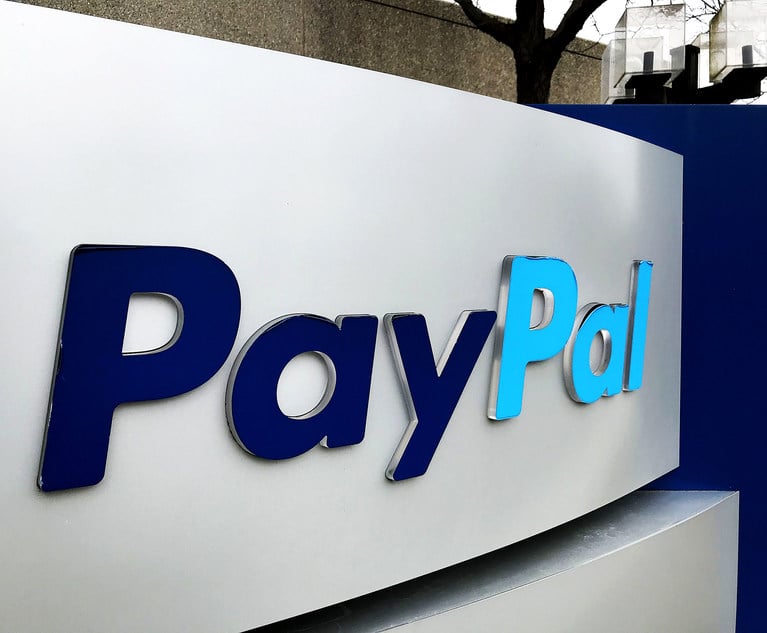
'It's Not Going to Be Pretty': PayPal, Capital One Face Novel Class Actions Over 'Poaching' Commissions Owed Influencers
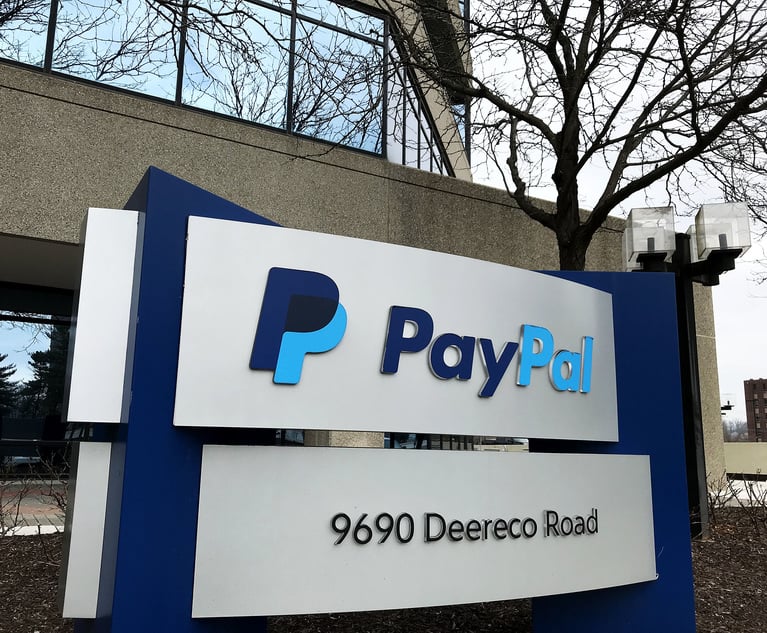
'Biggest Influencer Scam of All Time'?: PayPal Accused of Poaching Commissions Via Its 'Honey' Browser Extension
Law Firms Mentioned
Trending Stories
- 1Thursday Newspaper
- 2Public Notices/Calendars
- 3Judicial Ethics Opinion 24-117
- 4Rejuvenation of a Sharp Employer Non-Compete Tool: Delaware Supreme Court Reinvigorates the Employee Choice Doctrine
- 5Mastering Litigation in New York’s Commercial Division Part V, Leave It to the Experts: Expert Discovery in the New York Commercial Division
Who Got The Work
J. Brugh Lower of Gibbons has entered an appearance for industrial equipment supplier Devco Corporation in a pending trademark infringement lawsuit. The suit, accusing the defendant of selling knock-off Graco products, was filed Dec. 18 in New Jersey District Court by Rivkin Radler on behalf of Graco Inc. and Graco Minnesota. The case, assigned to U.S. District Judge Zahid N. Quraishi, is 3:24-cv-11294, Graco Inc. et al v. Devco Corporation.
Who Got The Work
Rebecca Maller-Stein and Kent A. Yalowitz of Arnold & Porter Kaye Scholer have entered their appearances for Hanaco Venture Capital and its executives, Lior Prosor and David Frankel, in a pending securities lawsuit. The action, filed on Dec. 24 in New York Southern District Court by Zell, Aron & Co. on behalf of Goldeneye Advisors, accuses the defendants of negligently and fraudulently managing the plaintiff's $1 million investment. The case, assigned to U.S. District Judge Vernon S. Broderick, is 1:24-cv-09918, Goldeneye Advisors, LLC v. Hanaco Venture Capital, Ltd. et al.
Who Got The Work
Attorneys from A&O Shearman has stepped in as defense counsel for Toronto-Dominion Bank and other defendants in a pending securities class action. The suit, filed Dec. 11 in New York Southern District Court by Bleichmar Fonti & Auld, accuses the defendants of concealing the bank's 'pervasive' deficiencies in regards to its compliance with the Bank Secrecy Act and the quality of its anti-money laundering controls. The case, assigned to U.S. District Judge Arun Subramanian, is 1:24-cv-09445, Gonzalez v. The Toronto-Dominion Bank et al.
Who Got The Work
Crown Castle International, a Pennsylvania company providing shared communications infrastructure, has turned to Luke D. Wolf of Gordon Rees Scully Mansukhani to fend off a pending breach-of-contract lawsuit. The court action, filed Nov. 25 in Michigan Eastern District Court by Hooper Hathaway PC on behalf of The Town Residences LLC, accuses Crown Castle of failing to transfer approximately $30,000 in utility payments from T-Mobile in breach of a roof-top lease and assignment agreement. The case, assigned to U.S. District Judge Susan K. Declercq, is 2:24-cv-13131, The Town Residences LLC v. T-Mobile US, Inc. et al.
Who Got The Work
Wilfred P. Coronato and Daniel M. Schwartz of McCarter & English have stepped in as defense counsel to Electrolux Home Products Inc. in a pending product liability lawsuit. The court action, filed Nov. 26 in New York Eastern District Court by Poulos Lopiccolo PC and Nagel Rice LLP on behalf of David Stern, alleges that the defendant's refrigerators’ drawers and shelving repeatedly break and fall apart within months after purchase. The case, assigned to U.S. District Judge Joan M. Azrack, is 2:24-cv-08204, Stern v. Electrolux Home Products, Inc.
Featured Firms
Law Offices of Gary Martin Hays & Associates, P.C.
(470) 294-1674
Law Offices of Mark E. Salomone
(857) 444-6468
Smith & Hassler
(713) 739-1250






